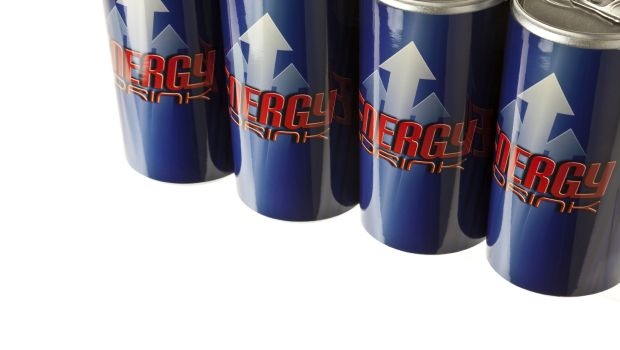The Council for Responsible Nutrition (CRN), American Herbal Products Association (AHPA) and the United Natural Products Alliance (UNPA) amended in March their requirements related to the sale and/or marketing of bulk powdered caffeine.
May 29, 2015

With concerns raised about consumers ingesting unsafe amounts of bulk powdered caffeine (BPC), industry organizations took proactive measures in past months to address retail access to the ingredient. The Council for Responsible Nutrition (CRN), American Herbal Products Association (AHPA) and the United Natural Products Alliance (UNPA) amended in March their requirements related to the sale and/or marketing of BPC.
BPC is powdered pure caffeine sold in bulk bags, and it is accessible to consumers via the internet. According to FDA, a single teaspoon of pure caffeine is equal to roughly 25 cups of coffee. Even small quantities can be lethal.
Following the death of an 18-year-old high school student in May 2014 who consumed BPC—one of two BPC-related deaths reported in 2014—FDA issued a notice to consumers on the safety of BPC, advising them to not purchase powdered pure caffeine in bulk bags. However, the agency has not taken additional measures to remove the product from the market.
According to Frank Lampe, vice president of communications and industry relations at UNPA, the industry movement against BPC was a “proactive" move in an industry that is “reactive in nature."
“We wanted to show very definitively that the industry can be proactive in dealing with situations such as this one," Lampe said.
Per its new policy, which took effect March 26, the same date the policy was announced, UNPA members must adhere to a "no-sale" policy for BPC for retail sales. In addition, UNPA recommends that BPC not be advertised, sold or marketed as a dietary supplement for retail sale or exhibited at trade shows until a final determination is reached by FDA as to the safety and suitable labeling of such products.

The AHPA Board of Trustees also established a trade requirement that prohibits sale by AHPA members of pure caffeine in bulk form at retail (to consumers), which also took effect March 26. The policy has been included in AHPA's Code of Ethics and Business Conduct.
Also effective March 26, CRN’s update to its recommended guidelines for caffeine-containing dietary supplements discourages the marketing and sale of powdered pure caffeine directly to consumers. Additionally, CRN added a section to its caffeine guidelines specifically calling on its members not to market powdered pure caffeine to consumers. The addition clarifies that it is not intended to limit marketing or selling of powdered pure caffeine in bulk form as a business to business transaction.
“We firmly believe that FDA has all the authority it needs to regulate caffeine as a dietary supplement, and that should it determine that it should be taken off the market, it can do so," Lampe said, adding that UNPA supports FDA taking BPC in its current packaging form off of the market. “They haven’t done so yet, but we hope that actions like this one will help members of Congress understand there are responsible players in the dietary supplement industry and that we fully support the regulatory authority of FDA."
Importantly, according the BPC products’ labeling, one-sixteenth of a teaspoon is the appropriate dosage. When used consistently with the labeling, noted Daniel Fabricant, CEO of the Natural Products Association (NPA), the product is not unsafe.
“If people are going to use something outside of the labeling, it doesn’t make the product unsafe," Fabricant said. “The use was unsafe." He added that directions for use on a product’s labeling is “a critical factor of the laws that govern dietary supplements."
NPA did not issue amendments or institute policies limiting sale or marketing of BPC, however, Fabricant said the organization did advise its members on some of the issues pertaining to the product.
“FDA is the competent legal authority on the scene," Fabricant said. “If FDA recognizes a problem under the normal conditions of use on the labeling that isn’t a case of abuse, we certainly support that decision."
Yet, the products’ packaging is still a concern to some, as it provide no means for consumers to measure an appropriate dose.
“As far as we knew, there was no measuring system to come with the packages, therefore it was very, very easy for consumers to overdose on a very, very powerful stimulant," Lampe said.
About the Author(s)
You May Also Like






.png?width=800&auto=webp&quality=80&disable=upscale)